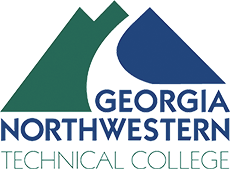What is OER?
The terms "open content" and "open educational resources" describe any copyrightable work (traditionally excluding software, which is described by other terms like "open source") that is either (1) in the public domain or (2) licensed in a manner that provides users with free and perpetual permission to engage in the 5R activities:
- Retain - the right to make, own, and control copies of the content (e.g., download, duplicate, store, and manage)
- Reuse - the right to use the content in a wide range of ways (e.g., in a class, in a study group, on a website, in a video)
- Revise - the right to adapt, adjust, modify, or alter the content itself (e.g., translate the content into another language)
- Remix - the right to combine the original or revised content with other material to create something new (e.g., incorporate the content into a mashup)
- Redistribute - the right to share copies of the original content, your revisions, or your remixes with others (e.g., give a copy of the content to a friend)
